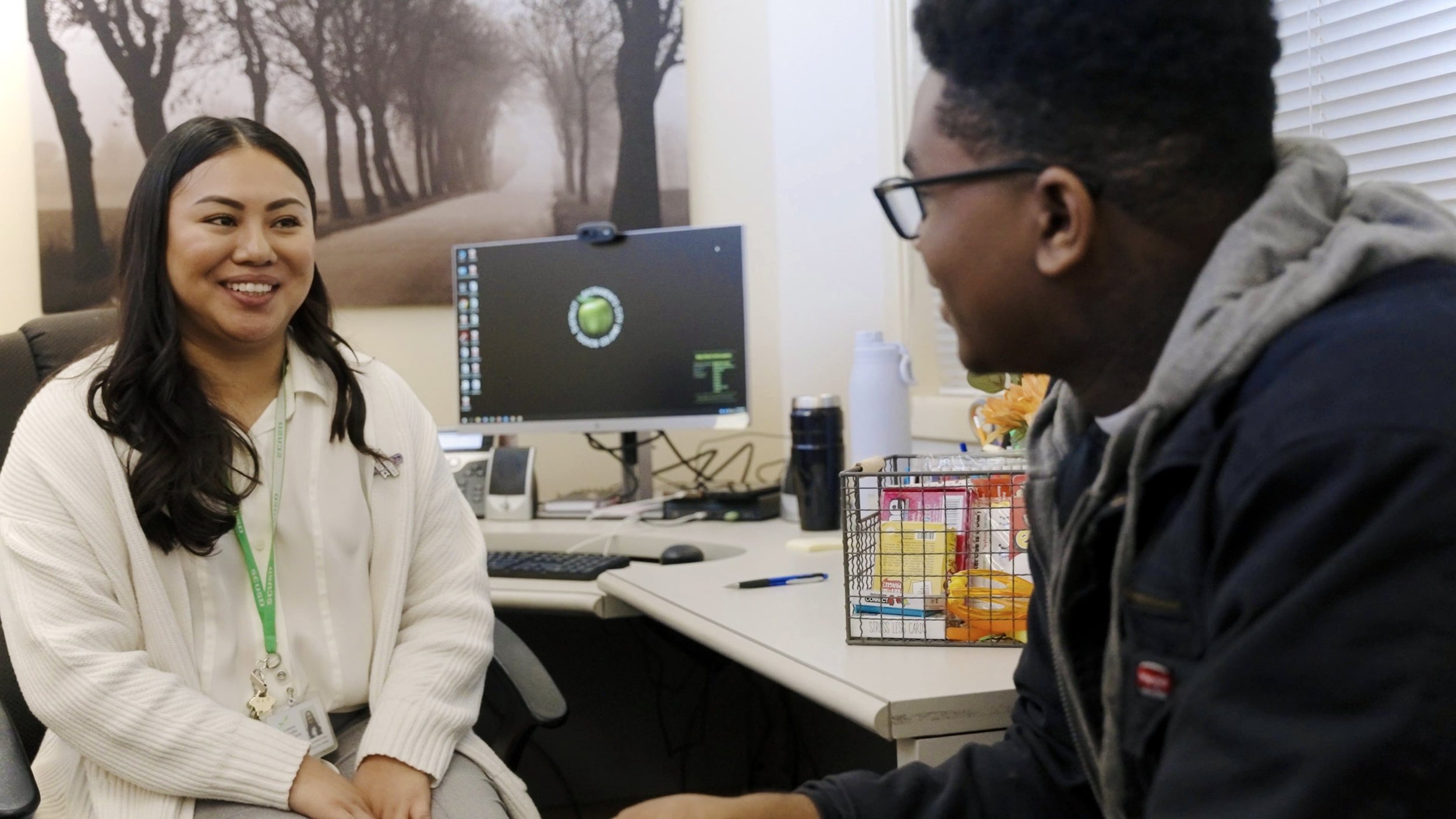
Family Navigator Role
Phase 4: Weeks 28 - End of Year at School Site
Training Resource Home > Family Navigator > Phase 4: Weeks 28 - End of Year at School Site
Phase Overview
In this training phase, Family Navigators will continue developing their understanding of school and community culture. They will collaborate with internal and external team members to assess the needs of clients, families, and the community. Navigators will deliver support to clients and families, continue communicating with families and the community to identify additional areas of need, and continue developing relationships with school, district, and community partners. They will also engage in honorable closing with families receiving support throughout the school year. This ensures comprehensive support and strong partnerships.
Phase Goals/Objections
Continue developing understanding of school and community culture
Collaborate with internal and external team members to assess needs of clients, families, and the community
Deliver support to clients and families
Continue communicating with families and the community to identify additional areas of need
Continue developing relationships with school/district and community partners
Engage in honorable closing with families receiving support throughout the school year
Role Development
Learn how to effectively navigate the Family Navigator role while deeply integrating diversity, equity, inclusivity, and belonging (DEIB) principles into your professional practices. Understand how to manage challenging situations through thoughtful introspection and adherence to TSEL practices. Apply a comprehensive DEIB awareness in your dynamic interactions with students, families, and school staff. Participate actively in enriching regional and SBMHW team meetings, professional development sessions, and engaging training opportunities provided by community and statewide entities.
-
• Continue to navigate Family Navigator role and incorporate diversity, equity, inclusivity, and belonging framework into my practices and professional engagement
• Continue to navigate through feelings of discomfort through introspection and upholding TSEL practices
• Apply awareness of the DEIB lens across work with students, families, school staff and SBMHW program team members
• Acknowledge the value of introspection and self-awareness when circumstances or conversations bring discomfort
• Attend and collaborate in regional team meetings, SBMHW team meetings, professional development and training; supervision/consultation, and events within my school community
• Attend training and collaboratives relevant to role, including those provided by community partners and local/statewide entities
Providing Support Services
Understand how to work with clinicians on registration, provide confidential support, and identify families needing resources for closing and outreach programs. Learn to develop surveys for future workshops, plan for support post-Spring Break, ensure accurate documentation, update referral lists, and offer peer support.
-
• Work collaboratively with clinicians to complete registration packets
• Listen and provide confidential support, including during school meetings to students and families
• Collaborate with clinician and site staff to identify families in need of support or resources in the community, specific to honorable closing and summer outreach programs and services
• Continue to actively participate in COST
• Develop and distribute surveys to sites to gain insight on parent/student needs for potential parent and student workshops/trainings for following school year
• Continue discussing and planning for honorable closing with clinicians to identify clients who need support with resources after Spring Break(contingent on District calendar)
• Continue discussing and planning for honorable closing with any clients/families that have received family navigator supports throughout the school year
• Ensure all documentation for support services provided are complete in Teams and that the referral list is updated
• Identify returning clients and develop a referral list for the Fall, in Teams
• Provide peer support in one-on-one and group settings, to colleagues and on-site staff
School and Community Navigation
Learn how to engage in school and community events, including cultural recognition and awareness activities. Discover how to develop and distribute surveys to assess parent and student needs, informing the creation of workshops and training for the upcoming school year. Additionally, understand how to utilize survey results to tailor your approach and address specific community needs.
-
• Participate in school and community engagement, cultural recognition and awareness events
• Develop and distribute surveys to sites to gain insight on parent/student needs for potential parent and student workshops/trainings for following school year
Scheduling and Calendar Management
Understand how to discuss and plan time off and work dates for June and July to create an effective work plan. Learn to complete the Human Resources Classified Management Non-Work Planner and submit it to the Coordinator. Additionally, gain insights into ensuring your work schedule aligns with organizational needs and how to communicate any scheduling conflicts or adjustments. This will help in maintaining a smooth workflow and meeting all required deadlines.
-
For Associate Clinicians seeking licensure through the Board of Behavioral Sciences (BBS):
• Maintain weekly BBS logs
• Attend weekly group supervision
• Attend weekly individual supervision
• Complete in-state verification form with Clinician II
• Ensure all weekly log forms are completed and signed by Clinician II
• Review annual evaluation with Clinician II signifying the end of the current supervisory term
For Licensed Clinicians:
Attend clinical consultation once per month (consultation offered twice per month)




